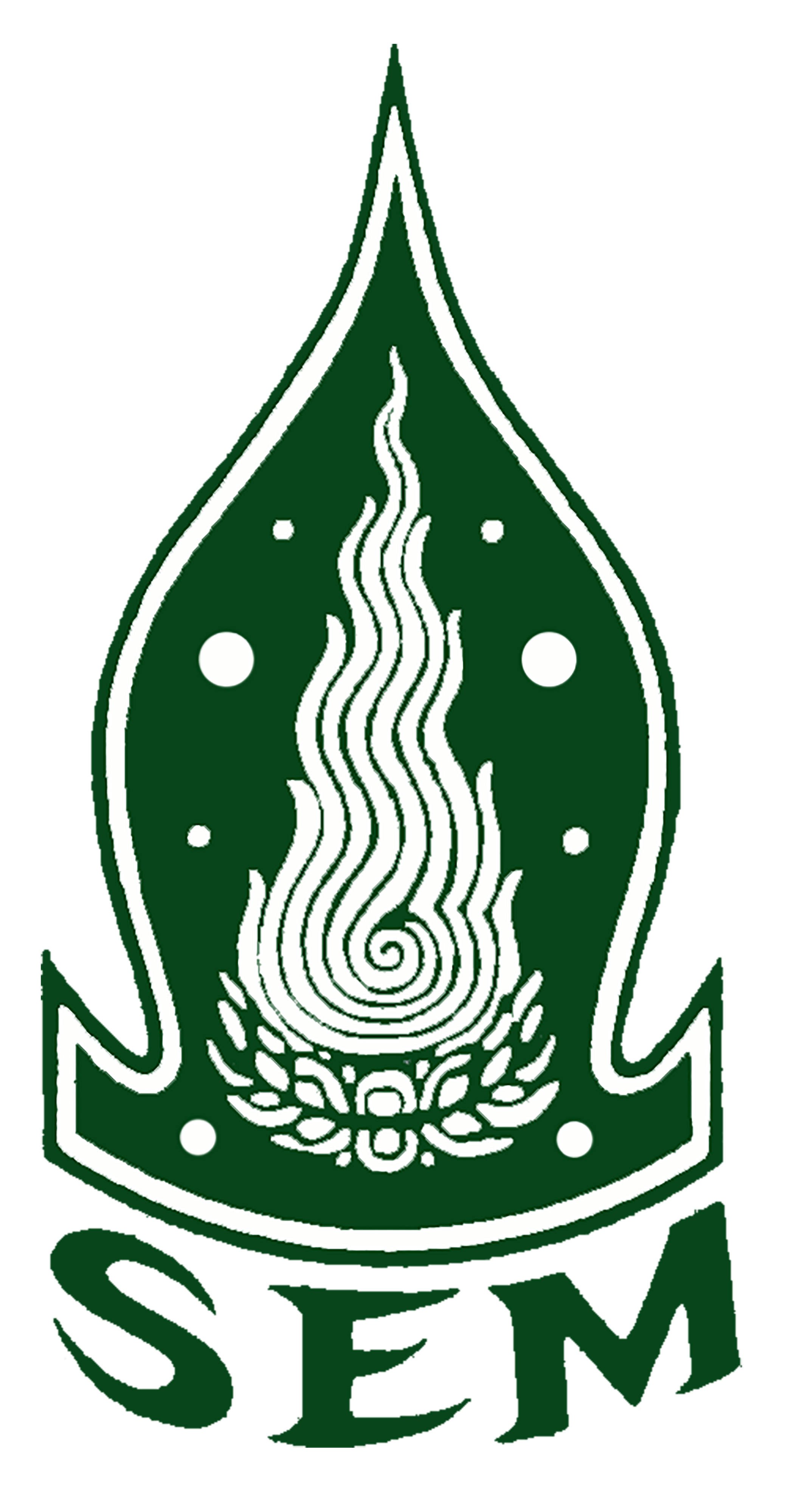Praphaporn Piyaphatworasakun
The Aor Tor Gor and Jatujak markets are popular and well-known places for tourists to shop in central Bangkok, Thailand. However, opposite the markets nearby across the Bang Sue canal, is a community of approximately 250 migrant workers from the deep seaport of Dawei, Myanmar. The Tavoy migrant workers of the “Wat Pai Tan community” have lived and worked here for two generations. Most of them are sellers in souvenir shops and food stalls, and some are skilled workers, for instance, making picture frames, handicrafts, wood furniture, etc.
Besides working with the Dawei community inside Myanmar, the Spirit in Education Movement (SEM) has also supported the Tavoy migrant workers in Bangkok since 2017. SEM and the Tavoy workers have collaborated on events such as “Long Rak Dawei”(Fall in Love with Dawei), and “Kid Tueng Dawei” (Missing Dawei). Most of the Tavoy workers left their hometown to work in Thailand many years ago. and seldom return to visit their hometown in Myanmar. Many planned to come for work and make money for a short time, like only two years, then return home after saving save some money. However, life does not go as intended as they cannot return home yet for several reasons including the political situation, limited finances for travel, and few work opportunities in Dawei.
SEM’s objective is to build capacity and skills for the struggling workers which began during the COVID-pandemic in 2020. The training includes providing basic framework for financial management, savings, accounting, and labor law, etc. The workers are learning new things they can share when meeting friends and other workers in their free time. This sharing also helps them form new friendships, as well as solidarity within their community and the surrounding local Thai communities.

offering supplies to member of the migrant community.
These activities bring the migrants and the Thai people closer together. They also have more chances to exchange ideas for developing their community because whenever something happens in the community they search for solutions and help each other. Coping with the COVID-19 situation has strengthened their solidarity and sense of community.
Unfortunately, the third wave of Covid-19 has had a more critical impact on the community than the previous two. More than 120 people living in the community, both Tavoy workers and Thai people, became infected with 50% being Tavoy workers. They are quarantined inside their small houses which are already crowded. In July 2021, random COVID-19 tests were administered in the markets and the community during which many persons tested positive. After that, the markets were closed to prevent further spreading it. Most of the workers could not work, and some lost their jobs and now have no income at all due to the government restrictions and lockdown policies. However, during the difficult time, Tavoy workers started thinking about how to support each other while struggling amidst the pandemic’s third wave, as well as the political tensions in the two countries. Then the Tavoy workers set up a team of community volunteers who had not been infected and have no jobs. These volunteers established “a community kitchen” where the volunteers can cook and deliver the food directly to the people that were infected. People outside the community donated different types of supplies, for example, medical supplies including thermometers, fingertip pulse oximeters, PPE kits, ventilators, the ‘Fah Ta Lai Jon’ herb (andrographis paniculate), medications, and food supplies such as rice, dry food, and fresh food for cooking at the community kitchen center. The volunteers also monitored the COVID-19 cases (Covid 19 matching) with the follow-up team and transported critically ill patients to hospitals, including pregnant women and infant cases. The community volunteers must wear PPE suits to be safe and prevent further spread of the infection.

Photos also show the volunteers preparing food in the community kitchen,
and delivering the food to the local community.
They support each other within their community to cope with the Covid-19 and successfully control this crisis by empathy, sharing, caring, good cooperation, and good management. Although over 100 people have already been treated and recovered, only ten infected people remain treated at home. Most people recovered during quarantine in their rooms called Home Isolation treatment (HI).
What SEM has learned from the crisis is expressed in the words of one infected person who said that, “It is important to take care of yourself, eat well, get enough sleep, and follow doctors’ instructions and suggestions given by volunteers. More importantly, with the encouragement from friends helping both migrant workers and the local Thai community without distinction of race, nationality, or religion, therefore, we can overcome this crisis together.”
Written by Praphaporn Piyaphatworasakun (Cherry), Project Officer, SEM | Edited by Nonglak Kaeophokha




